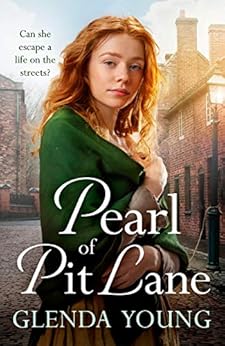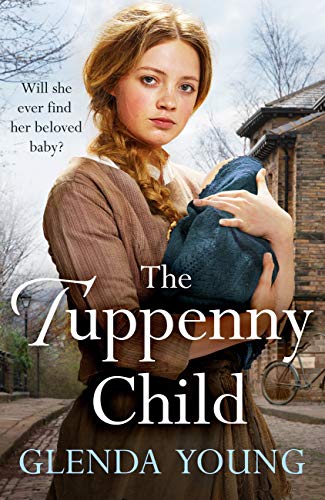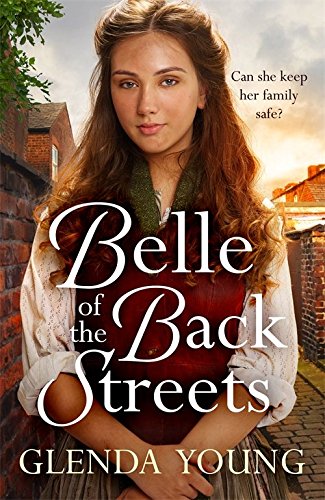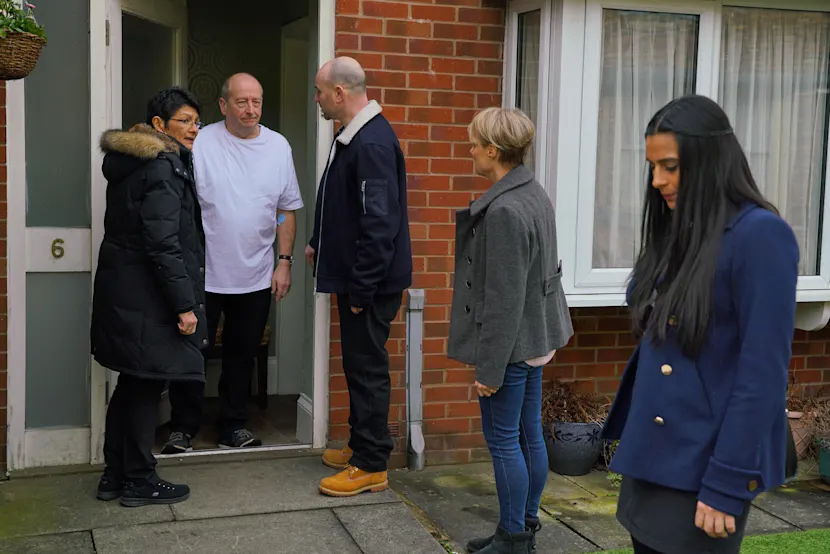Guest blog post from Mark Llewllin
Fancy writing a guest blog post for us?
Mark Llewellin is a friend of us all here on the Coronation Street Blog. He's a man who knows a thing or two about life behind the scenes at our favourite soap.
You can find out more about him here.
Mark has very kindly offered to share some of those memories with us here on the Blog. We'll be running a blog post from Mark each day with some of Mark's memories.
And so, here we go with the third of many wonderful blogs from Mark!
BLUE RINSE
Looking back on the life of actress Jill Summers
Honor Margaret Rozelle Santoi Fuller became one of Britain’s most famous grannies – but few of her devoted fans had any idea of her colourful professional past. For Jill Summers, best known for playing Corrie’s feisty grandma Phyllis Pearce, the sandpaper voiced old lady with the blue rinse, was once known for jokes that were as blue as her hair.
The diminutive Eccles-born actress came from a famous family of travelling players and was practically born in a stage trunk – her mother, Mary Power, only just making it home after a stage performance in time to give birth. Mary, stage name Marie Santoi, toured for many years with her own theatre company – one of the first women to succeed in what was a man’s world in the 19th century. She and Jill’s father, who was a wire walker, performed in variety staging romantic scenes with titles such as ‘Night in Japan’, ‘Egypt’ and ‘Pearl of the Orient’.
Coming from such a richly theatrical family it is no surprise that the young Jill, or Honor as she was really called, should enter the profession. Incidentally, she chose her stage name after her favourite measurement of alcohol, a gill, and her favourite time of year, summer. She often joked that she could have easily ended up being named ‘Quart Winters’. Jill later recalled: “Life hadn’t been easy for my mother but if a show fell on difficult times she would sell her furs and jewellery to keep the company going.”
Jill’s half-brother, Tom F. Moss, was soon roped into the family firm and started working in the orchestra pit until their mother heard him sing and he was instantly promoted. In fact, he went on to achieve fame as a tenor. Tom was the son of Jill’s mother and Tom Major-Ball who went onto marry one Gwen Coates. Tom and Gwen had three children – one of whom, John, became British Prime Minister. With the advent of war Jill signed up with ENSA and in 1942 she and Tom teamed up to tour the halls with a singing act.
Tom would sing romantic ballads dressed in his trademark top hat, white-tie and tails with a monocle and neat beard – looking quite the part (Jill told me that women often arrived at the stage door clutching babies they claimed were his!). Jill, considered quite a classical singer, often performed musical parodies and even dressed as a nun to sing Ave Maria.
The double act toured Britain’s biggest theatres for over seven years but it was not without its bust-ups. When Tom fell ill in 1949 Jill took over the accounts and discovered that Tom had been keeping the bulk of their salary for himself. She split up the act and went solo. Again she travelled up and down the country appearing alongside the top acts of the day. Jill often amused me with tales of some of the odder turns – Mushie the Forest Bred Lion, farting ducks and the like! At one time she even appeared with a set of real bears until they escaped.
During the late 1940’s Jill became famous for her sketches including ‘The Landlady’, ‘The Bartered Bride’ and ‘The Lady Porteress’ which she performed on stage and radio. In 1948 she met and married her second husband Dr Clifford Simpson Smith, who took over the management of her career and toured with her whenever he could. In 1957 she landed her big break – her own television series entitled ‘Summer’s Here’. She also toured for impresario Paul Raymond in a strip show called ‘Paris after Dark – a tale of sex and sin’. She didn’t strip – she was the comic!
During the sixties she continued with her stage appearances as well as pursuing a TV career. Jill played the London Palladium, appeared in pantomimes and took part in the legendary ‘Thanks for the Memory’ shows with a host of top variety acts including Hetty King and George Lacey. With theatres starting to close and variety of the wain Jill re-invented herself and launched on the club scene with an act featuring songs and comedy – and often some very blue material. In fact, when Jill died I inherited a lot of her scripts, contracts and so on – including a whole file of complaint letters from working men’s clubs. The complaint usually being that she was too rude for the working men!
In 1969 the newly formed Yorkshire Television launched its first soap opera ‘Castle Haven’ written by Kevin Laffan (who would later create ‘Emmerdale’) and starring Kathy Staff, Roy Barraclough - and Jill as the pub landlady. The series lasted just over a year and then it was back to cabaret and TV cameo parts. In 1982 she landed the role of Phyllis Pearce (it was her second Corrie role) and at the age of 72 she created another masterpiece and the nation soon took to the blue rinsed busybody. She appeared in over 500 episodes.
In 1997 Jill died in her sleep aged 86. I was privileged to be asked to write the eulogy for the funeral and I used this phrase to sum her up: “For Jill, laughter was the oxygen of life itself. We are all the richer for having known and loved her. Her warmth, affection, generosity and humour were an ever-present light in some of our darker moments. Jill was the laughter in our lives.” And that was true – I still miss her every day.
Stay tuned for more from Mark tomorrow!
__
Glenda Young









All original work on Coronation Street Blog is covered by a Creative Commons License
























